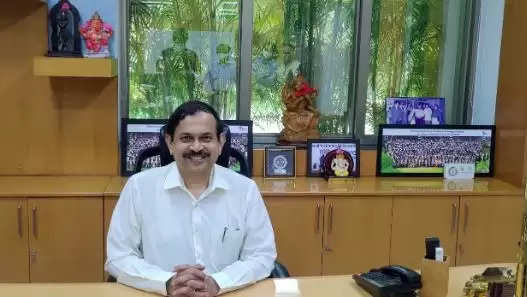Insights into Technology Education - An exclusive interaction with Professor Debabrata Das, Director, International Institute of Information Technology, Bangalore
With its sixty-member strong team of highly qualified professors, all Ph.Ds from top universities of the world, IIITB has a very impressive student to faculty ratio of 18:1.
Udaipur Times had the wonderful opportunity to conduct an exclusive Zoom interaction with the Director of the International Institute of Information Technology, Bangalore (IIITB), Professor Debabrata Das who holds a Doctorate from the Indian Institute of Technology (IIT), Kharagpur. He enthusiastically shared his insights and vision on the future of technology and the role that IIITB is playing in this domain.
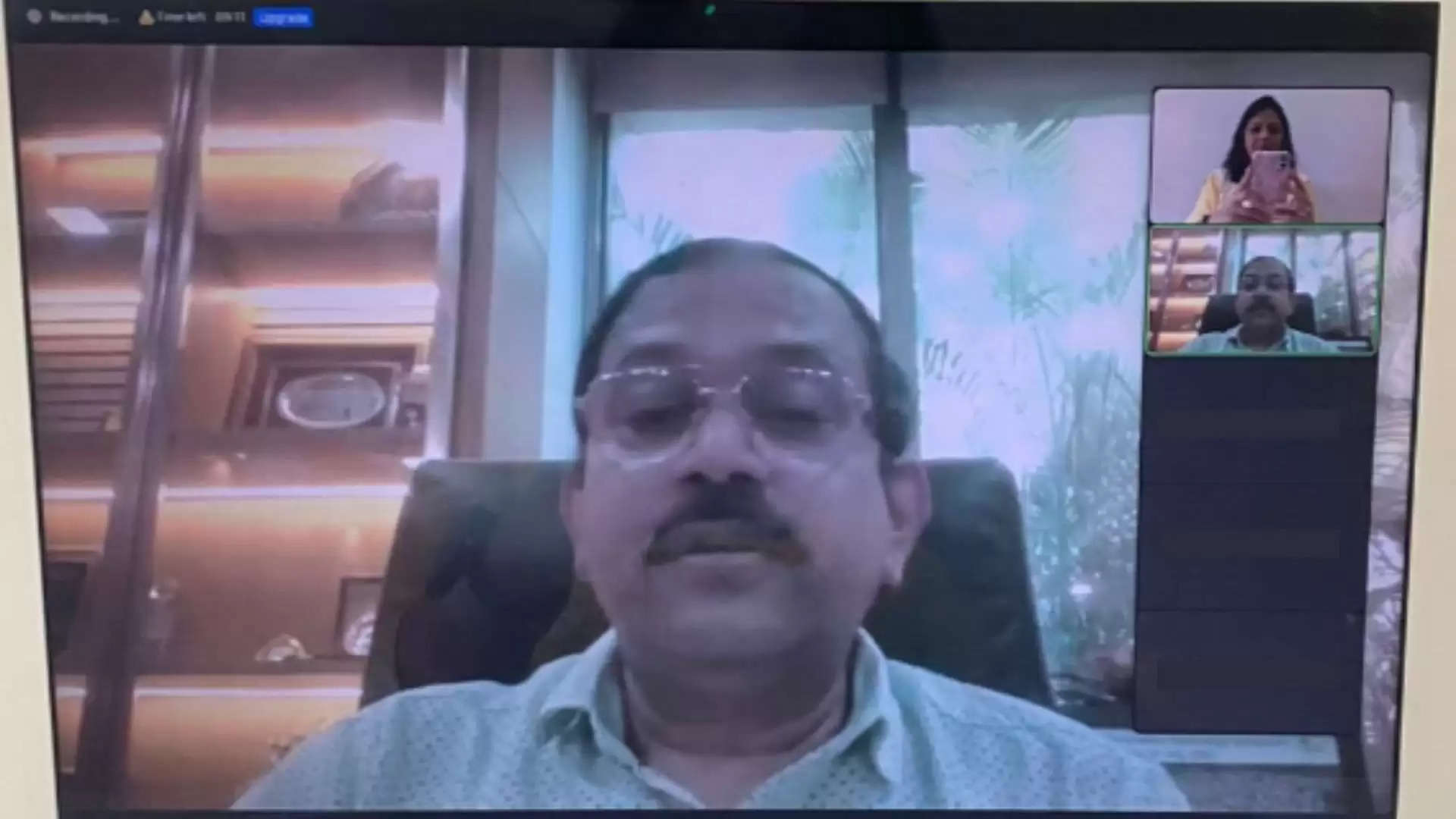
We are pleased to share this enriching and engrossing conversation with our readers, especially those who are interested in the field of Information Technology and want to pursue higher education in this field.
About the Institute
IIIT Bangalore is a premier institute focused on Post-Graduate IT education and research, located in the heart of the Electronic City, Bangalore. IIIT Bangalore is graded A+ by the National Assessment and Accreditation Council (NAAC) and has ranked in the top 85 in the National Institutional Ranking Framework since the last four years out of 1249 engineering institutes participated.
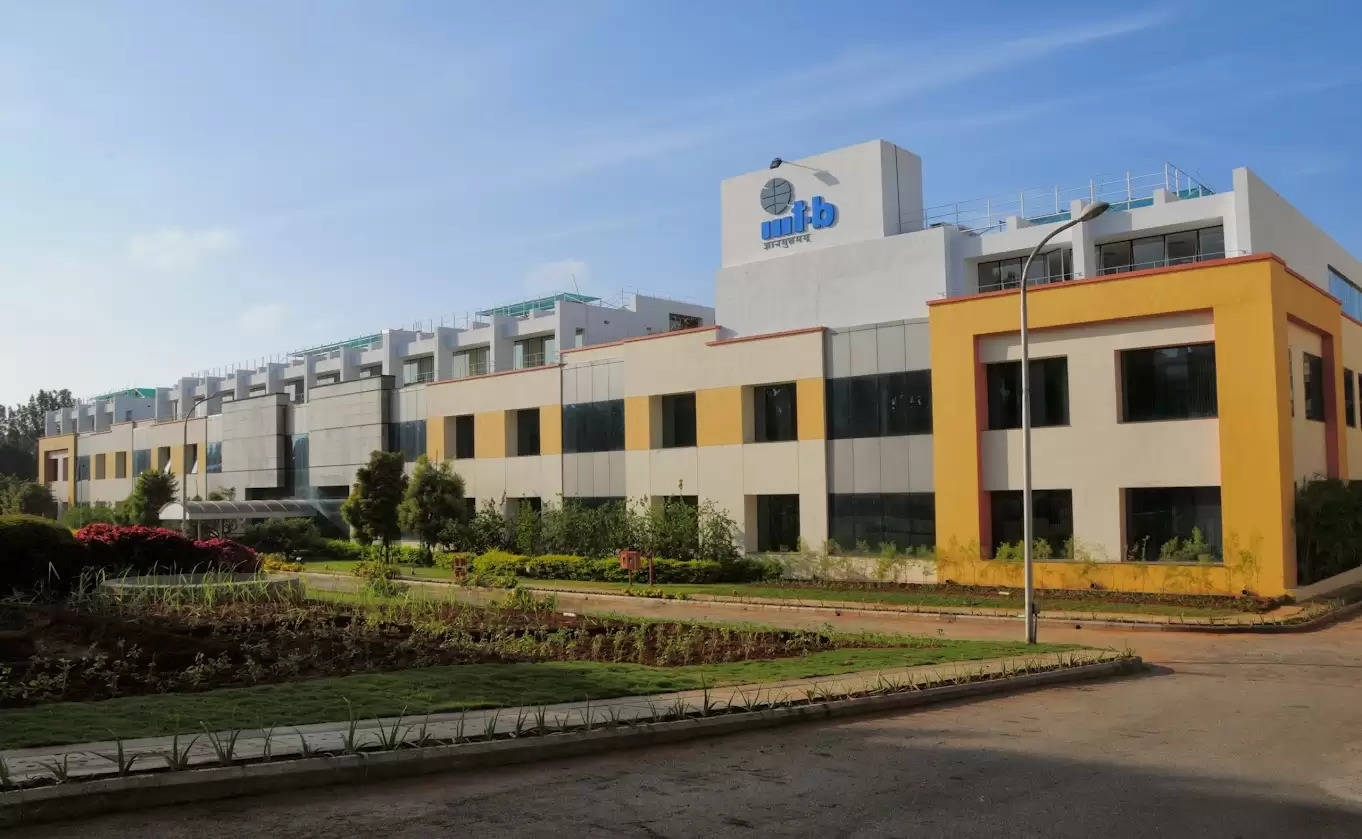
It was promoted and registered as not for profit society by the Government of Karnataka and structured as an autonomous academic body with industrial collaborations.
"IIITB contains state-of-the-art infrastructure, world class research facilities and close industry collaborations. With its sixty-member strong team of highly qualified professors, all Ph.Ds from top universities of the world, IIITB has a very impressive student to faculty ratio of 18:1." - Professor Debabrata Das, Director, IIITB
Prof. Das also discussed the various courses and programs that are currently being offered at IIITB, viz:
- Integrated M.Tech. also known as iM.Tech (5 years program, like Dual Degree after class 12)
- Master of Science by Research /Doctor of Philosophy
- M.Tech. ECE Admissions (2 years program, after BTech)
- M.Tech. CSE Admissions (after BTech)
- Master of Science (Digital Society); (2 years program)
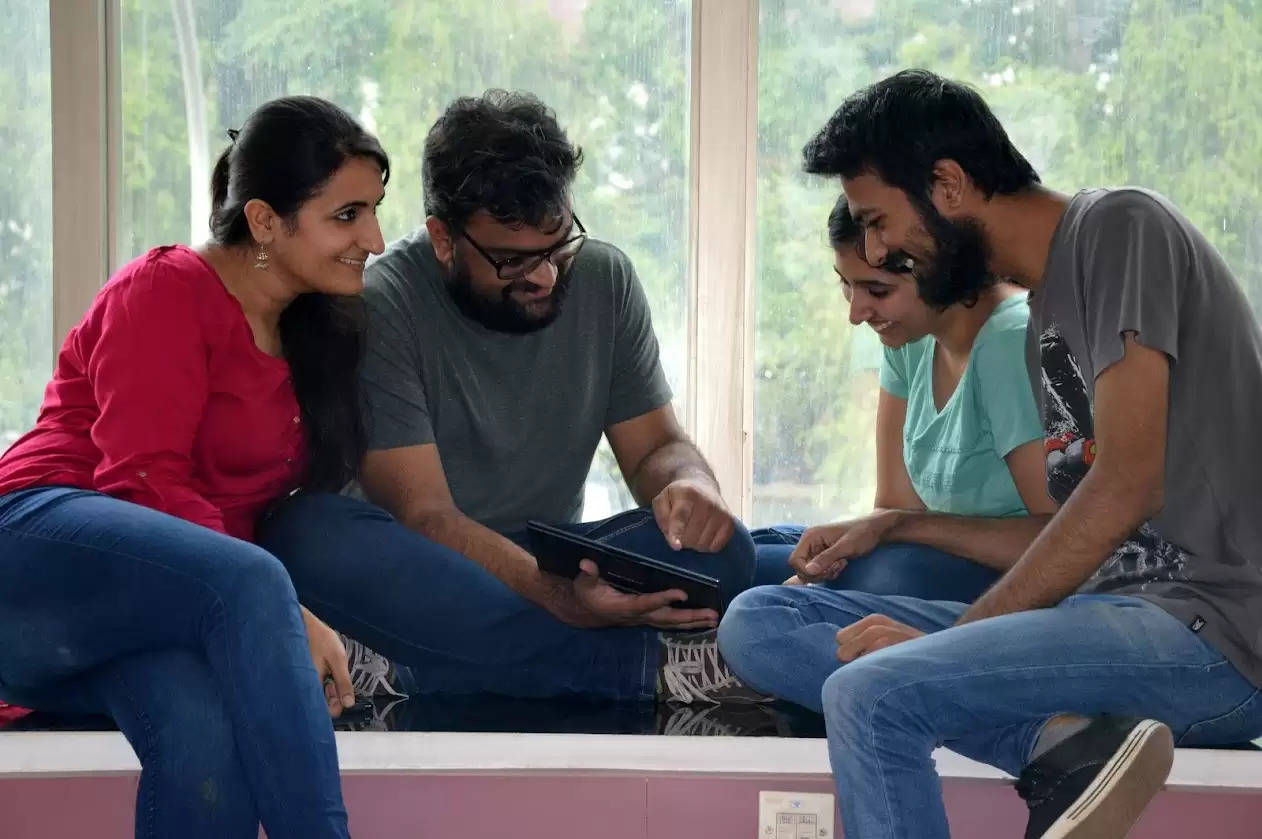
Admission Criteria
Students seeking admission in IIITB will have to take GATE exams for the Masters’ program, and JEE (Mains) for iM.Tech. On the other hand, a written test followed by an interview is required for the Ph.D. program.
Placements and Job Opportunities
When asked about the industry affiliations and placement opportunities for the students graduating from IIITB, Prof. Das informed that the institute boasts of 100% placement. The major corporate houses that hire graduates from the institute include QUALCOMM, HPE, Cisco, Intel, Infosys, Microsoft, Samsung, Tejas Networks, Uber and many more companies as well as multiple Government of India and state government research funding. Prof. Das said that very recently (2022), one of the students was hired by a top-class organization at an annual package of Rs. 2.02 Crore. Fifteen of the students got annual salary packages worth Rs 50 Lacs and more. The average per annum salary package for a Masters’ program student is around Rs. 24 Lacs.
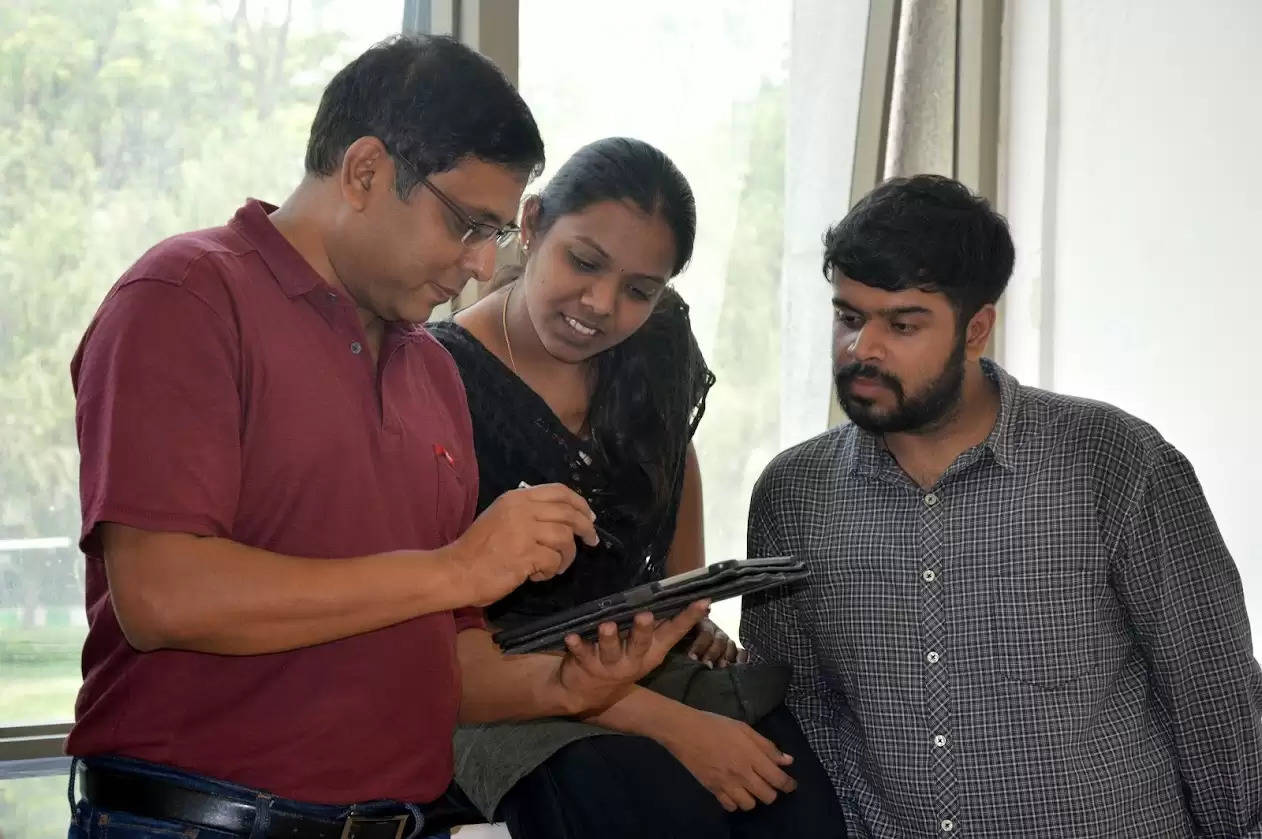
Professor Das explained in detail about the phenomenal amount of research, innovation, start-ups and collaborations happening at IIITB:
- Centre for Technology Research and Innovation for Digital Governance (CTRI-DG) at IIITB
IIITB will be setting up a specialised centre named ‘Centre for Technology Research and Innovation for Digital Governance (CTRI-DG)’, funded Rs. 9.6 crores by the Centre for E-Governance (CeG), Government of Karnataka. IIITB’s CTRI-DG will work closely with the Centre for E-Governance (CeG) and Centre for Smart Governance (CSG) of the Government of Karnataka. Prof. R. Chandrashekar will be heading the above research
It also will be setting up a ‘Data Lake’ with funding from the Government of Karnataka. For supporting data driven planning, a Data Lake (pilot) has been approved at a cost of Rs 5.4.6 Crores by the Planning Department with technical support from the Centre for Open Data Research (CODR) and IIITB. Prof. S. Srinath Srinivasa is in charge of the above research activities from IIITB side. There are multiple other R&D projects in IIITB.
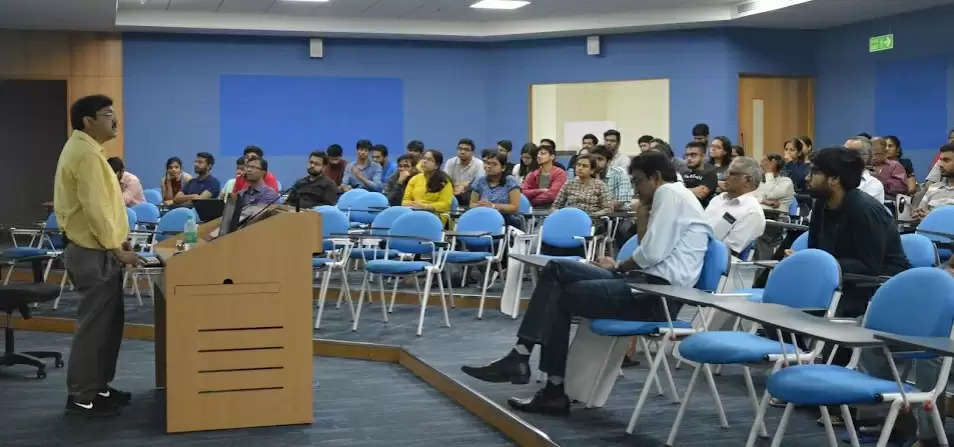
- Incubation Center at IIITB
When asked about the incubation centre for start-ups, Prof. Das informed that the IIITB incubation centre, also known as ‘IIC’, is quite active and is funded by the Government of India and also by a few multinational companies to provide seed money to the start-ups. There are three types of start-ups at IIITB – i) student-oriented, ii) faculty-oriented and iii) external companies collaborating with IIITB faculty and students. Approximately 4-5% students are actively participating in the incubation center (IIC) start-up activities.
- MOSIP at IIITB
Prof. Das explained in detail what Modular Open Source Identity Platform (MOSIP) is and how IIITB developed it with the support and encouragement of the World bank and 5 foundation.
MOSIP is a robust, scalable and inclusive foundational identity platform.
The program is backed by the Bill and Melinda Gates Foundation (BGMF), Tata Trusts, NORAD, Pratikhya Trust and Omidyar Network, which have cumulatively provided INR 150 Cr in funding. Prof. Das pointed out that Prof. S. Rajagopalan, President ofMOSIP project has been instrumental in setting up MOSIP platform along with Technical and executive committee.
The Modular Open Source Identity Platform (MOSIP) helps foreign government and other user organizations implement a digital, foundational identity system in a cost effective way. As it has been put on open source, the Nations can use MOSIP freely to build their own identity systems. Being modular in its architecture, MOSIP provides flexibility to the countries in how they implement and configure their systems and help avoid vendor lock-in.
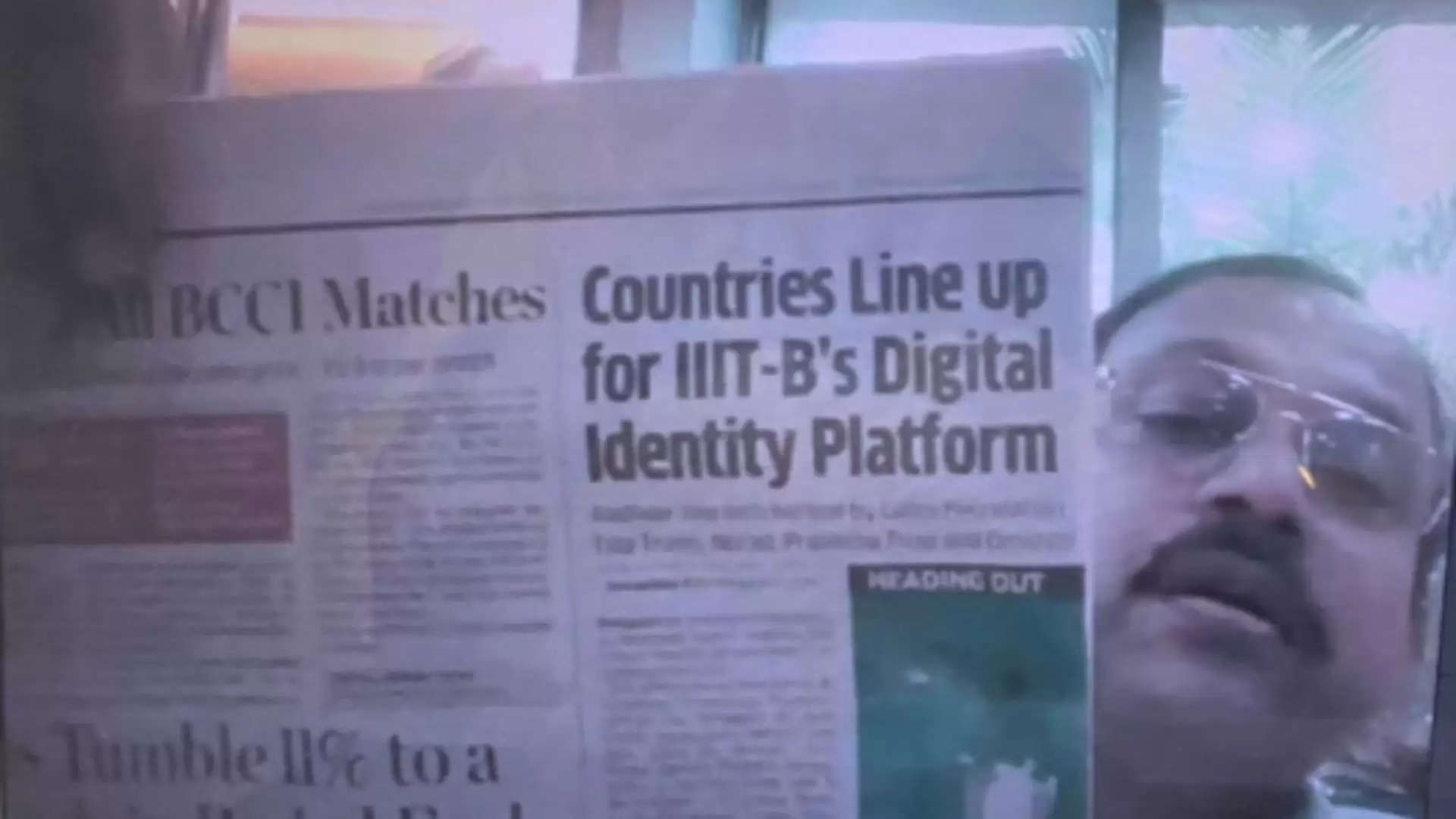
Anchored at the IIITB, MOSIP harnesses the power of open source and embraces the best practices of scalability, security and privacy.
- Tele-mental health program in association with NIMHANS at IIITB
The National Institute of Mental Health and Neuro Sciences (NIMHANS) will spearhead a National Tele-Mental Health Program across the country, announced by the finance minister of India, Mrs. Nirmala Sitharaman in the Union Budget. The program will include a network of 23 tele-mental health centres of excellence, with NIMHANS being the nodal centre and IIITB providing technological support, the Budget speech said. Prof. Das highlighted Prof. T.K. Srikanth’s (Convenor, E-Health Research Centre) involvement and contribution to the Tele-mental Health Program.
- Deep Tech research at IIITB
Deep Technology or Hard Tech is a classification of organization, or more typically Start-up Company, with the expressed objective of providing technological solutions based on substantial scientific or engineering challenges.
IIITB is a Deep Tech research institute. It regularly files patents and publishes papers related to those patents and has set up an Intellectual Property Rights cell (IPRs) to do that.
- Transfer of Technology (TOT)
Apart from this, IIITB is also contributing toward Technology Transfer. When I asked Prof. Das what it is, he earnestly explained, “Technology Transfer, also known as Transfer of Technology (TOT), can take place between universities, businesses and governments, either formally or informally, to share skills, knowledge, technologies, manufacturing methods, and more. These forms of knowledge transfer help ensure that scientific and technological developments are available to a wider range of users who can then help develop or use it. This transfer can occur horizontally across different areas or vertically by moving technologies, for example, from research centres to research and development teams. Various national and international companies are collaborating with IIITB for the Transfer of Technology (TOT).
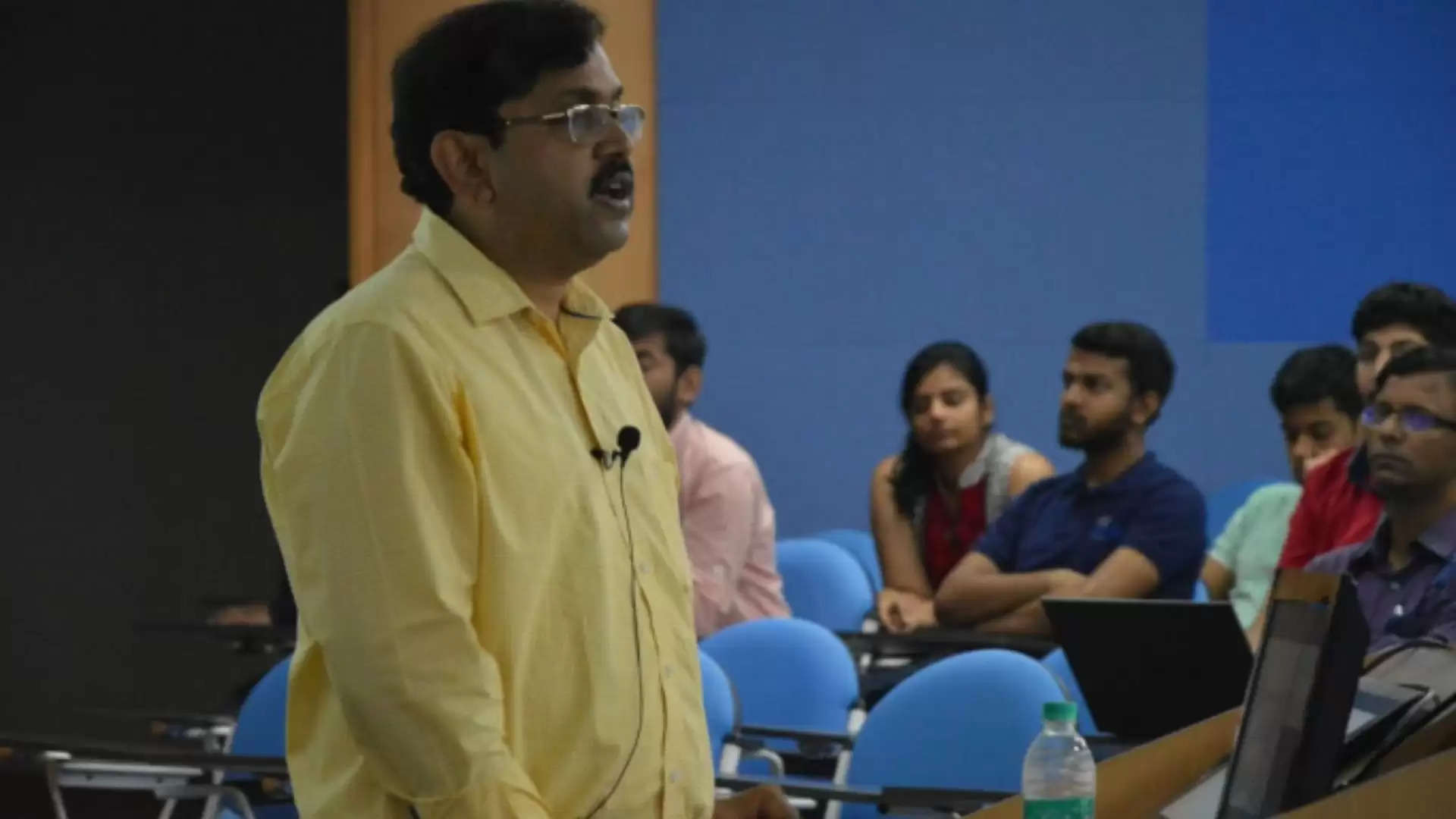
When Prof. Das was asked what differences he sees from the time he was a student to today’s youth on the university campus, he candidly replied with a smile on his face, “Today’s youth is more aware of information and focused.” He also expressed his disappointment saying, “Some of the students are better informed nowadays but it is saddening to see them most of the times immersed in their gadgets, instead spending more time in Labs..”
To join us on Facebook Click Here and Subscribe to UdaipurTimes Broadcast channels on GoogleNews | Telegram | Signal



